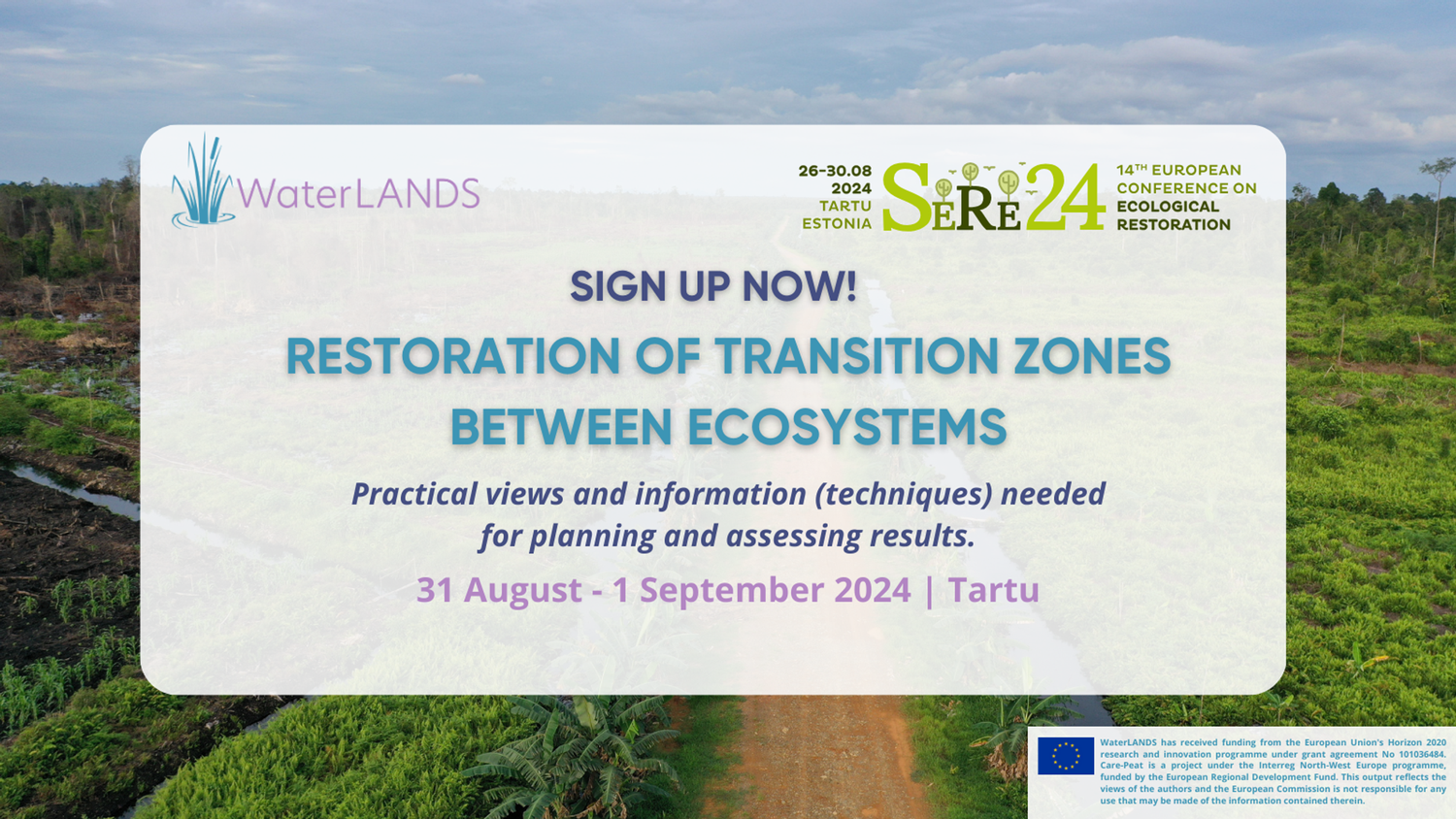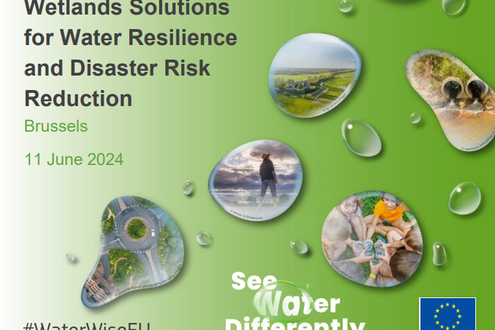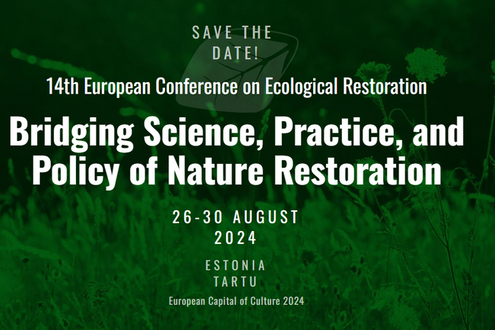31 Aug 2024 - 01 Sept 2024
As part of the SERE2024 Conference (14th European Conference on Ecological Restoration) the WaterLANDS project will host a crash course on the restoration of transition zones between ecosystems, addressing practical views, information and techniques needed for planning and assessing results. Don't miss out, sign up now!
Restoration of wetlands, and peatlands in particular, is challenging and depends on the degree of degradation of the landscapes where the wetlands exist(ed). We focus on transition zones between different types of ecosystems, such as the lagg zones at the edges of bogs, where the gradients of abiotic conditions develop (wet to dry, mineral-poor to mineral-rich, acid to basic, oligotrophic to eutrophic, etc). These zones were the first to be destroyed and no longer exist or function and, in some cases, are not even recognisable any more in the landscapes. These zones are integral parts of peatbogs and often very rich in fauna and flora due to gradients in water levels, acidity, and water mineralisation. The restoration of these zones is important for biodiversity as well as for hydrological functioning of peatland (remnants).
Various types of information and interventions are needed for successful restoration process. We explore the information types needed and innovative information collection techniques (such as geo-radar, mapping the remaining peat depth), applying some of the approaches, and together develop a strategy for the restoration of a transition zone at a case study site not far from Tartu. Throughout the course, we explore different aspects related to the topic: hydrology, ecological processes and indicators, types and implementation of restoration interventions, engagement with the public, and involvement with local communities.
Our focus extends to transition zones in peatbogs, recognising that adequate attention is crucial to addressing various restoration challenges appropriately. Other examples of such zones include transition along water salinity gradient (coastal marshes), transition along a sediment gradient from clay to sand (coastal marshes), transition along the groundwater seepage quality (deep vs. shallow groundwater), etc.
Course schedule in a nutshell
- 31 Aug – ca. 8.30 AM leaving Tartu for a field day at Tudu mire (ca. 1,5h drive , then field visits and fieldwork, lunch provided in the field)
- Stay overnight by the field site (included in the course fee)
- The networking dinner and sauna. Sauna is not obligatory (included in the course fee)
- 1 Sept - course activities and training sessions (partly indoors) (lunch)
- Ending the course around 14.00
- There will be an opportunity to take a train straight to Tallinn, this train stops also very close by the airport (to be there about 17.00), or go back to Tartu.
Signing in the course you accept the following conditions:
- Rubber boots and preferably the long ones (to your waist) are necessary (otherwise you can not do any fieldwork)
- Good rain gear is necessary (we stay all day in the field)
- Insect repellent and accepting some discomfort is necessary, bogs are full of life
- The fee includes overnight and simple breakfast. The fee is not refundable.
- The overnight is in small farm guest house in 2-persons rooms and participants agree to share the rooms (possibly with participants of the same gender)
- You are yourself responsible for your personal medicines and consideration of your condition. We expect some walking through difficult terrain and a long day in the field.
- Swimming suit is advisable, there may be time to take a dip in the bog lake
- Kindly submit any diet restrictions during registration


